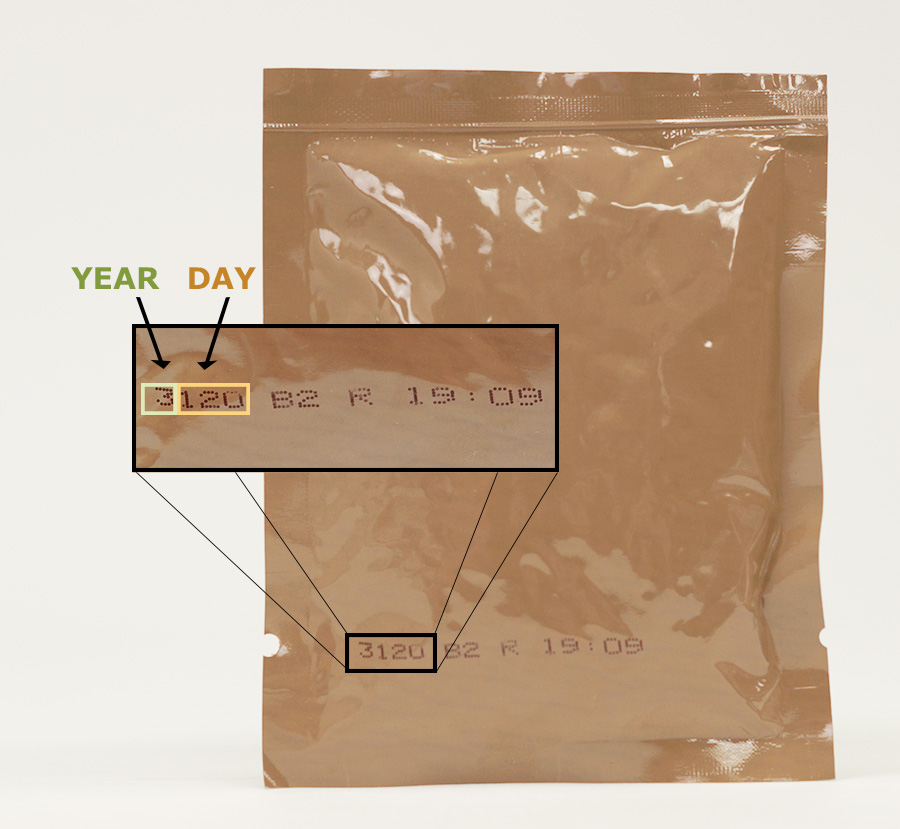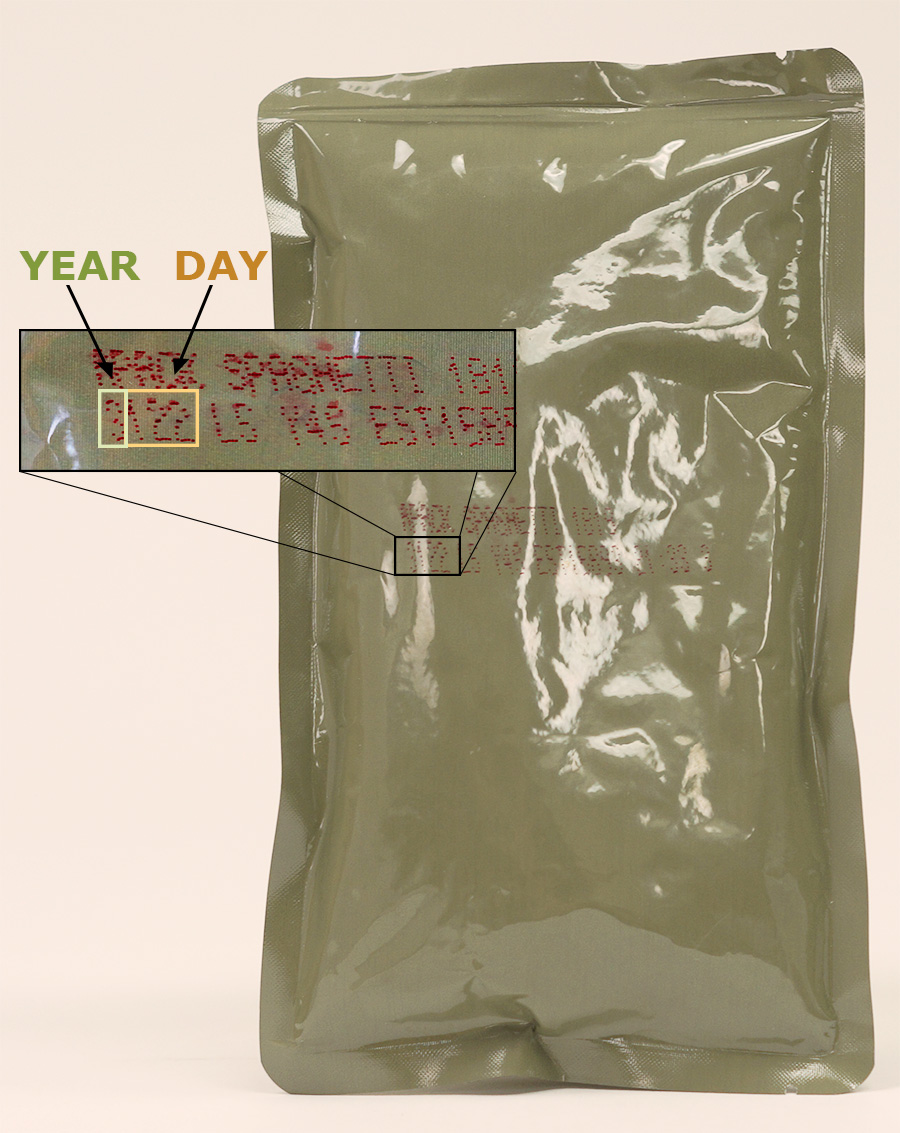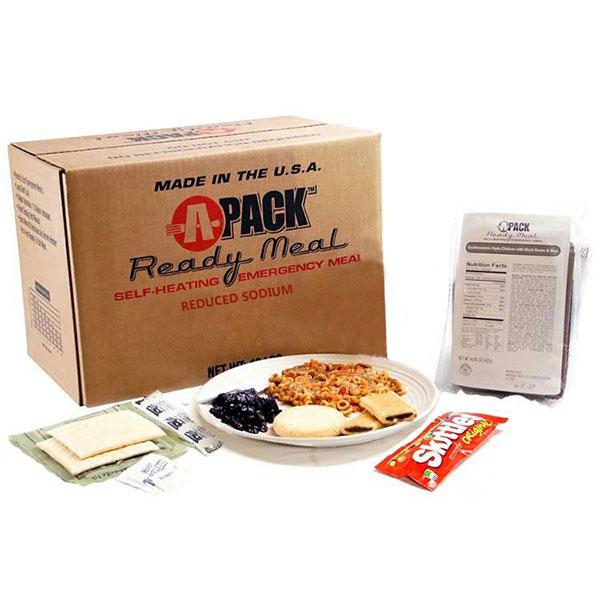MREs (Meals Ready to Eat) are a great option for emergency food storage, but understanding their shelf life and expiration details is crucial to ensuring safety and quality. Here's everything you need to know about MRE storage, shelf life, and manufacturing codes.
Why No Expiration Date?
If you’ve ever purchased MREs, you may have noticed the absence of a traditional expiration date. MRE manufacturers don’t use typical day, month, and year expiration labels. However, this doesn’t mean MREs last forever—eventually, they will expire.
Shelf Life Evidence
The shelf life of MREs largely depends on storage temperature. Ideally, MREs should be stored at 60°F to achieve a shelf life of approximately 5 years. Storage at higher temperatures reduces their longevity. For instance, at 70°F, MREs last around 3 years.
Note that the shelf life of dry components like crackers often outlasts wet entree packs. If packaging is bloated or the food smells rancid, it is no longer safe to eat.
Use our MRE shelf-life calculator to determine the expected longevity of your MREs based on storage conditions.
Decoding Manufacturing Codes
To determine the age of your MRE and whether it’s still safe to consume, you can check the manufacturing date code printed on the packaging. These codes are in Julian format, consisting of four numbers:
- The first number indicates the last digit of the year it was manufactured.
- The remaining three numbers represent the day of the year, based on the Julian calendar.
For example:
- A code of 3120 means the MRE was made on the 120th day of 2013 (April 30, 2013).
- A code of 3122 corresponds to May 1, 2013.
Use the Julian Date Conversion Chart for easy translation.
Understanding the Year
To differentiate between years like 2002 and 2012, note that MREs are generally not stored beyond their typical 10-year shelf life. For instance, a code starting with 2 likely refers to 2012, not 2002.


Tips for Storing MREs
To maximize the shelf life of your MREs:
- Store them in a cool, dry place (60°F is ideal).
- Avoid exposing them to direct sunlight or high humidity.
- Rotate your stock regularly to ensure you consume older packs first.












